Appeal For a West Asia Free of Nuclear Weapons
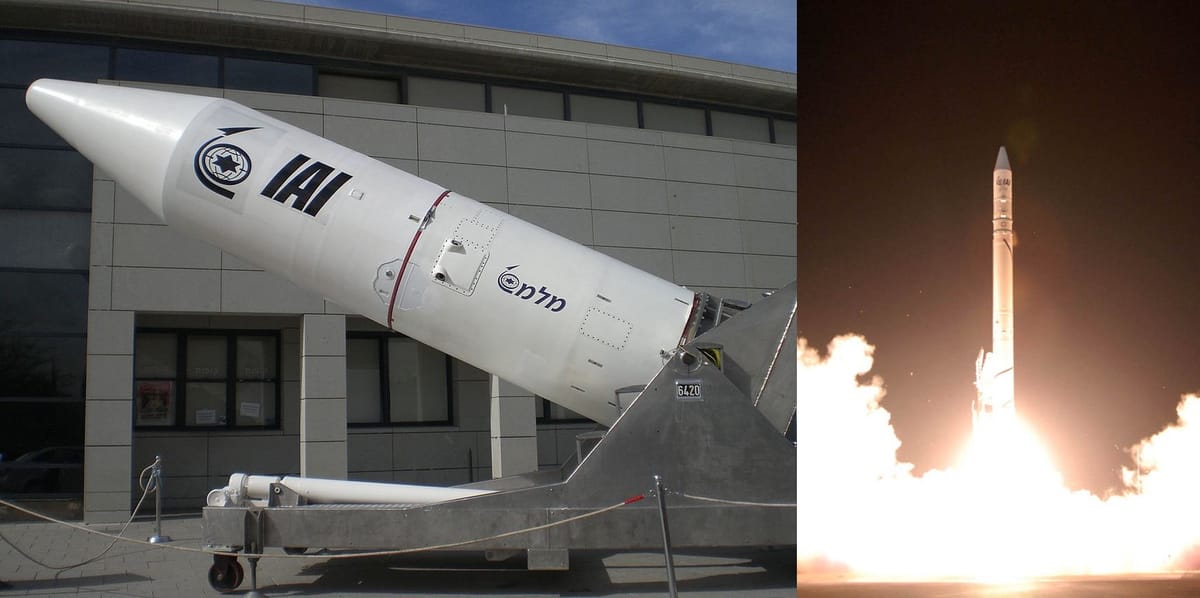
by Giorgio Ferrari and Emanuela Bavazzano
Editorial note: As scientists, we are deeply concerned about the threat of nuclear weapons, particularly in the context of West Asia ('the Middle East'). Since 1974, the UN General Assembly has passed 44 resolutions urging the establishment of a denuclearized zone in the region. However, due to US veto power, Israel’s opposition, and the complicit silence from most European countries, no concrete action has been taken. To date, while Israel has never officially admitted to having a nuclear arsenal, it is widely thought to possess hundreds of thermonuclear warheads (hydrogen bombs). Israel remains the only country in the region that has neither ratified the Non-Proliferation Treaty, nor complied with the International Atomic Energy Agency. Below, we share an appeal promoted by Italian antinuclear activists, urging their government to take a clear position at the upcoming Conference on the Establishment of a Middle East Zone Free of Nuclear Weapons and Other Weapons of Mass Destruction, to be held 18-22 November 2024.
The Appeal
This appeal is addressed to all those who refuse to accept the idea that humanity might risk extinction because the ruling classes of the most powerful countries in the world cannot communicate except through the language of weapons.
Yet, 35 years ago, when the dissolution of the Warsaw Pact and the breakup of the USSR happened in quick succession, it truly seemed that the world could turn the page, if only because, with the end of the Cold War, the threat posed by nuclear arsenals—which now seemed, both apparently and reasonably, unnecessary—was defused.
However, things have gone differently, starting with the fact that the most powerful military organization in the world—NATO—instead of dissolving as a logical consequence, has expanded so much in size and influence that it has subordinated European politics to the interests of the United States and the arms industry.
Even without yearning for that world divided into blocs, it must be acknowledged that today’s world is more complicated, unjust, and, above all, more dangerous—largely because today’s ruling classes exhibit a reckless tendency to underestimate the risks of a generalized conflict, where the idea of using so-called “tactical” nuclear weapons is considered, in some circles, to be “acceptable.”
An outpouring of reckless warmongering, which has permeated society’s language—especially in the media—is overwhelming all reason. Terms like Peace and Disarmament have been banished, and anyone who invokes them is regarded with suspicion.
However, we, like many others, believe that resignation is not an option; it is an ethical imperative to transform collective concern into concrete actions, starting from the environments in which we can, and must, promote alternatives to mass extinction.
In this context, where military budgets are swelling as never before, where NATO is preparing to redeploy Euro-missiles in Germany, and Russia is reassessing its nuclear posture, Israel’s Armageddon looms threateningly over the Middle East, with war spreading across the region after one of its ministers threatened to incinerate Gaza with nuclear weapons.
Conscious that the entire international situation demands decisive mobilization and a coherent stance against all the wars looming over the world—conflicts that inevitably affect us—we aim to take a small but concrete step on the path to disarmament: making the Middle East a zone free of nuclear weapons and other weapons of mass destruction.
Even if it may seem over-ambitious, this idea has already been specifically addressed at the UN General Assembly under the heading Conference on the Establishment of a Middle East Zone Free of Nuclear Weapons and Other Weapons of Mass Destruction.
Beginning in 2018, the conference process has now reached its fifth session, scheduled for November 18-22, 2024, and its ultimate goal is the ratification of a binding international treaty.
Currently, the positions on the treaty are as follows:
- In favor: A largely dominant coalition of states, including all Arab and African nations, as well as China and the Russian Federation.
- Opposed: Israel and the United States.
- Abstained: Virtually all European countries, including Italy!
A campaign in support of this international treaty, at this particular moment, would have significant implications, certainly for the fate of the Palestinian people, but especially because by highlighting the threat posed by Israel’s nuclear arsenal, it could contribute to de-escalation across the entire Middle Eastern region, with potentially significant repercussions in the Mediterranean area.
Let us also remember that, unfortunately, Israel’s record in this field does not bode well: having secretly developed its first bomb with France’s help and later enjoying the support of the United States, Israel has never admitted to possessing nuclear weapons, has never joined the NPT (Nuclear Non-Proliferation Treaty), and has never allowed the IAEA (International Atomic Energy Agency) to inspect its nuclear facilities. Likewise, Israel has never ratified the treaties prohibiting chemical and biological weapons, joining Egypt, North Korea, South Sudan, Somalia, and Syria in this stance.
Consequently, the campaign must have a very concrete objective: demanding that the Italian government stop stalling and, instead of abstaining at the UN as it has done so far, vote in favor of establishing a treaty that bans the existence of nuclear weapons and other weapons of mass destruction in the Middle East.
Giorgio Ferrari is a nuclear physicist. In 1967, he became responsible for ENEL fuel production for all of Italian nuclear power plants, a position he held until 1987 when, following the Chernobyl disaster, he declared a conscientious objection. A close collaborator of Dario Paccino, he co-republished the magazine Rossovivo with him. Together, in 1978, they wrote La teppa all’assalto del cielo: I 72 giorni della Comune di Parigi (The Mob Storms Heaven: The 72 Days of the Paris Commune). With Angelo Baracca, he co-authored SCRAM: La fine del nucleare (SCRAM: The End of Nuclear Power), published by Jaca Book in 2011.
Emanuela Bevazzano is a psychologist and psychotherapist. Her long-standing commitment has primarily been in movements and associations that advocate for human rights, particularly in the areas of social justice, public health, mental health, peace and disarmament, and environmental issues. She has been deeply involved with Medicina Democratica, to build concrete pathways aimed at reducing the risk factors in the escalation of warfare.
Translated by Flavio Del Santo. Original Italian version is available here.
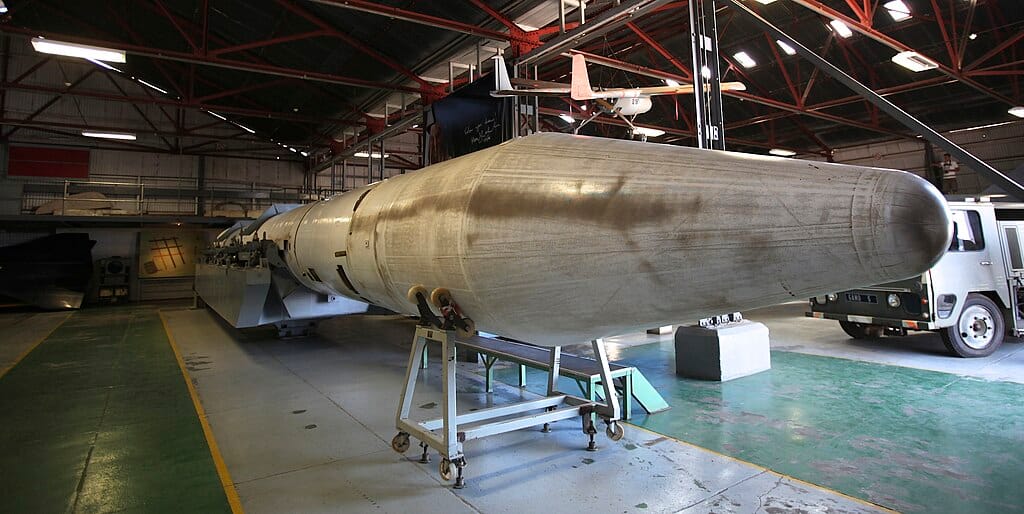

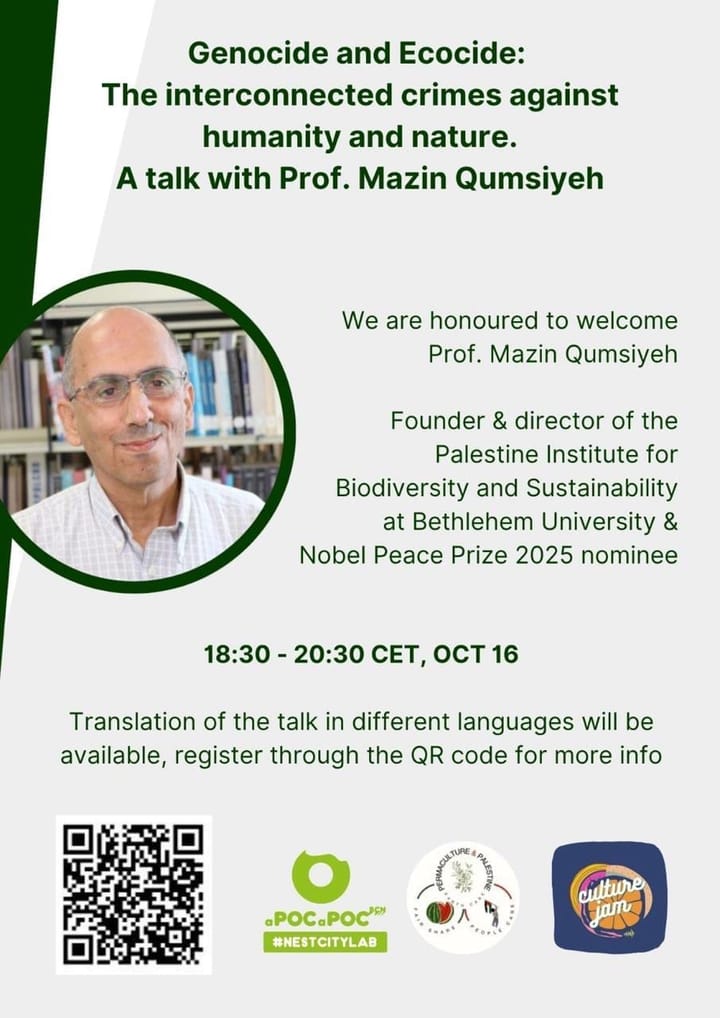
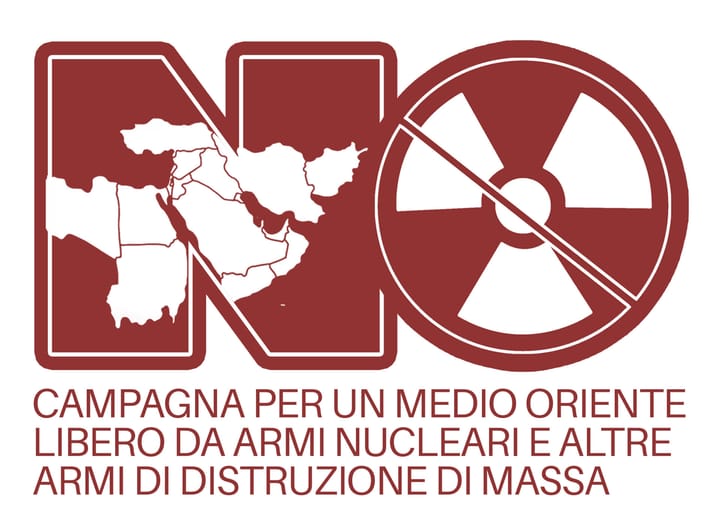
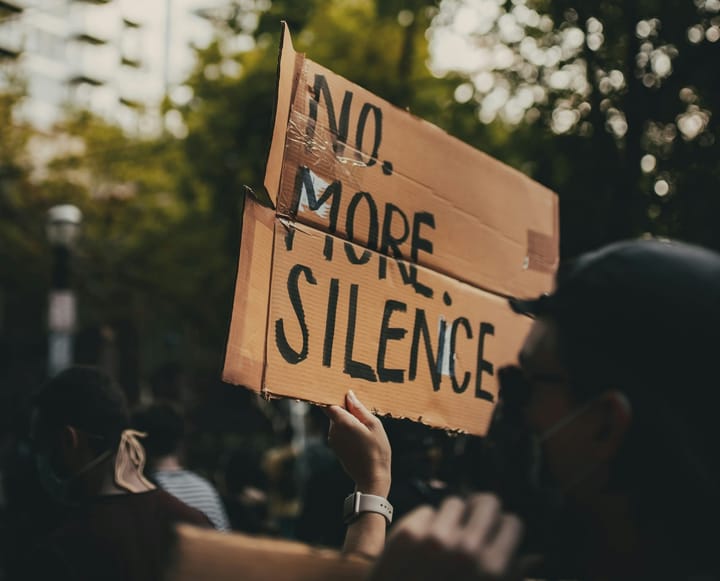
Comments ()